Spread the Warmth this Winter
As we head into winter we know this is a difficult and dangerous time for people sleeping rough, living in cars, and in tents and caravans. Our Winter Appeal was launched on the 1st May to plug the funding gaps for smaller community-based organisations. It will spread the warmth this winter by providing emergency and crisis care to people experiencing homelessness this winter. We know this support is absolutely essential at this time of year and provides a platform for further care. It often saves lives.
Increasing numbers of people seeking help
The team at StreetSmart regularly talk to and hear from our community organisation network, providing us a window into the important work they are doing and the challenges they face, day in day out. All are reporting increasing numbers of people seeking help, people who just can’t make ends meet. We are responding to spread the warmth this winter and care for those most vulnerable.
Many of the people they are assisting are in employment, unable to cope and pay the bills they are faced with. People who have been holding it together, can no longer sustain their housing and there are no other options other than resorting to living in tents, cars and caravans.
A recent report revealed that rents, after hitting a record high a year ago, have since grown another 15%. People already finding it tough to pay the rent are now finding it impossible. In total, 12,150 employed people sought homelessness assistance in 2022-23, a yearly increase of 14%. Overall, women accounted for more than 70% of working people seeking assistance. Additionally, Neighbourhood Houses have recently revealed that demand has surged for food relief. They are providing 10 x times more food relief than 3 years ago.
23
7,636
30
Once someone loses their housing it is virtually impossible to find somewhere to get back in. Wait lists for public and social housing are, on average, over 10 years. Additionally, many people in housing stress are also dealing with other challenges such as disabilities, carer responsibilities, health issues and family violence.
The fear of homelessness results in people prioritising rental and mortgage payments above all else. Given that financial stress limits opportunities, education and the ability to meet the most basic of needs, almost two thirds of young women are struggling to pay for period products and painkillers. Significantly, food insecurity is now affecting over 3 million Australians. As a result, parents are regularly sacrificing meals to keep their children fed.
Frontline Services Struggling
One of our network organisations has recently seen a doubling of people seeking food, basic amenities like toiletries, socks and underwear, and emergency support. Another recorded a 64% increase in daily visitors to their drop-in service, an 88% increase in the amount of food provided, and 53% increase in the pieces of clothes, underwear and socks provided.
”Over the past 18 months we have experienced approx 20% increase in our food costs and energy bills of the kitchen, compounded by an 50% increase in people walking through our doors needing food relief. We continue to run at a loss each year.
St Canice Kitchen, Sydney (Gadigal Country)
”The demand is at a level never seen before. We are continually inundated with clients needing housing assistance, including both rough sleepers and those at high risk of homelessness.
Western Port Community Support, Melbourne (Bunderong Country)
For people experiencing homelessness, their situation is often life or death. Particularly, exposure to extreme weather, violence, and low rates of healthcare support, mean that Australians experiencing homelessness have a life expectancy gap worse than any other disadvantaged group. Recent investigation by The Guardian revealed that people experieninghomelessnes die at 44. That is 3 decades younger than those with a safe stable home.
Regional Crisis
Our network organisations in regional centres are reporting increasing demand across their community services. While the majority of homelessness remains concentrated within metropolitan areas, the latest government data shows the total number of homeless people in regional areas jumped by 52% in the recent census. Metropolitan homelessness rose by 17%.
In Rockhampton, Queensland, a higher number of people, 13.3 per 10,000, access specialist homelessness services on a typical night, compared to 7.2 per 10,000 statewide.
Outreach services are finding more and more people living in tents, cars and caravans in regional areas. In Ballarat, where the number of homeless people has jumped 55%, community service provider Uniting Victoria reported 1,450 new people reporting to its entry point seeking housing support in the last financial year.
Our Approach
StreetSmart’s approach is to build a community of supporters to help fund smaller, frontline, grassroots community organisations. These organisations are trusted by locals and are often the first place people turn to in crisis. At the same time they struggle for funding due to their size and lack of resources. We direct these community grants to effective programs in regions and suburbs that have high rates of homelessness and disadvantage, and direct our support to vulnerable cohorts of people.
Choose your impact...
Through our 2024 Winter Appeal we are empowering our community to choose how they make a difference. We have selected three areas of immediate need that we know need extra funding. These services are life-saving and need our support right now.
You can spread the warmth this winter to provide; Warm, safe housing – providing tenancy support to keep people housed, as well as boosting access to crisis accommodation and shelter, or warm nutritious meals – providing food relief hampers, community pantries and street outreach meals for those going hungry, or warm clothing and material aid – giving out swags and warm clothing for those sleeping rough as well as everyday hygiene essentials including period kits.








